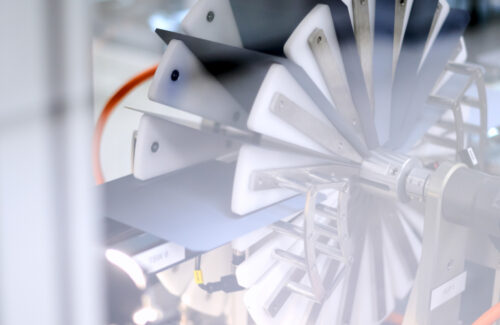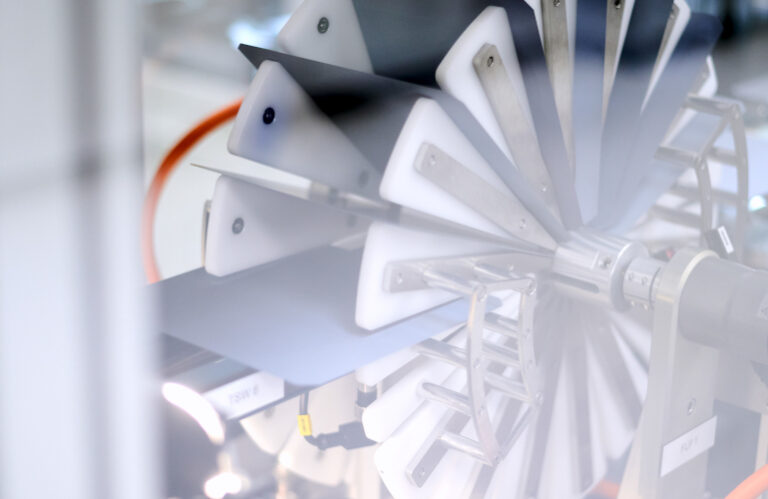A group of bipartisan U.S. Senators was introduced legislation Today, this would keep taxpayer money from going to Chinese solar and clean energy companies.
Sens. Sherrod Brown (D-OH), Bill Cassidy (R-LA), Jon Ossoff (D-GA), and Rick Scott (R-FL) introduced the “American Tax Dollars for American Solar Manufacturing Act” to prevent tax dollars, including funds from the Inflation Reduction Act, which go to Chinese-controlled companies.

Credit: Meyer Burger
“We cannot allow American taxpayer dollars to go to Chinese companies that cheat and undermine American solar energy production. Our bipartisan bill will ensure that only American businesses are supported by taxpayer dollars and will support the creation of manufacturing jobs throughout Ohio’s solar supply chain,” Brown said. “We will not allow the Chinese government to take down the American solar industry.”
The bill is supported by First Solar, which has manufacturing sites in Senator Brown’s state of Ohio and Cassidy’s state of Louisiana. CEO Mark Widmar issued a commentary criticizing crystalline silicon solar panel assemblers in the United States.
“It is imperative that the U.S. solar manufacturing industry, which should not be confused with companies that simply assemble modules in the U.S. using imported, high-value-added components, is given a level playing field that allows it to compete on its own merits,” said Mark Widmar, CEO of First Solar.
The legislation would ensure that only U.S. manufacturers with a “true domestic supply chain” benefit from tax breaks designed to strengthen U.S. energy independence by building out the supply chain for solar, wind, critical minerals and battery projects. The legislation would prevent any company with ties to a “foreign entity of concern” from receiving the 45x Advanced Manufacturing Tax Credit. These restrictions are based on the same Foreign Entity of Concern rules that went into effect in 2021 as part of the Bipartisan Infrastructure Law.
“This bipartisan legislation will ensure that Chinese solar companies do not have access to US incentives, while in China they receive massive market-distorting subsidies, including on many of the components they build into end products in the US. these foundational components, especially wafers and polysilicon, are critical to building a robust U.S. solar supply chain,” said Mike Carr, executive director of the Solar Energy Manufacturers for America (SEMA) Coalition.
This proposed legislation generally follows the trend of senators and industry representatives encouraging the Treasury Department to require American-made wafers to make solar panels eligible for “domestic content” bonus incentives. They argue that only with domestic wafer production can the United States break China’s dominance of the solar supply chain. They also suggest that banning Chinese solar companies from receiving manufacturing credits would boost U.S. production of wafers — of which there is currently no domestic production.
The companies that would benefit from this legislation include First Solar (which makes thin-film solar panels and therefore does not rely on silicon wafers) and Qcells (which will likely be the first company in the United States to produce its own wafers). Qcells, a Korean-backed company, has a large manufacturing footprint in Georgia, the state Senator Ossoff represents.


